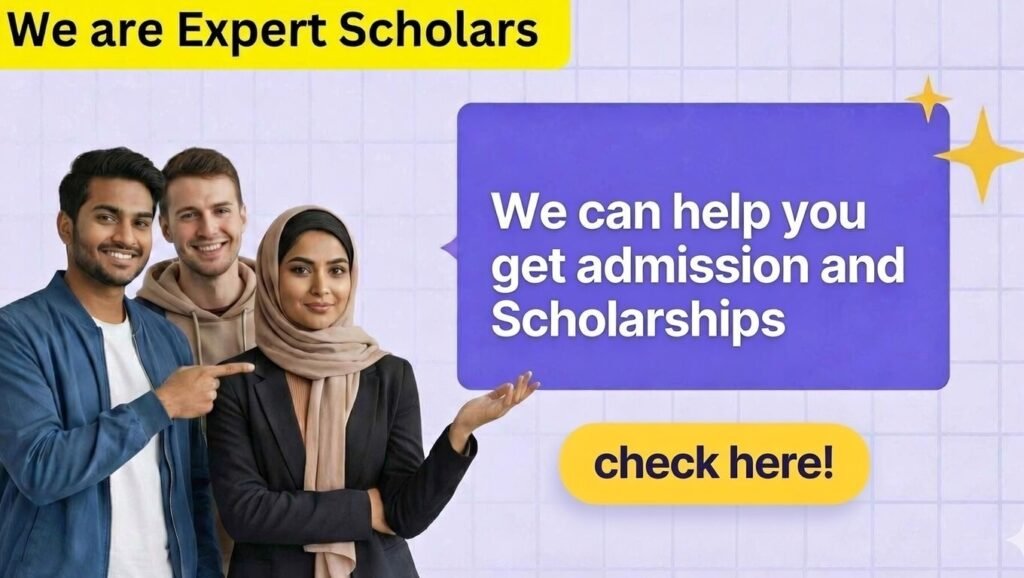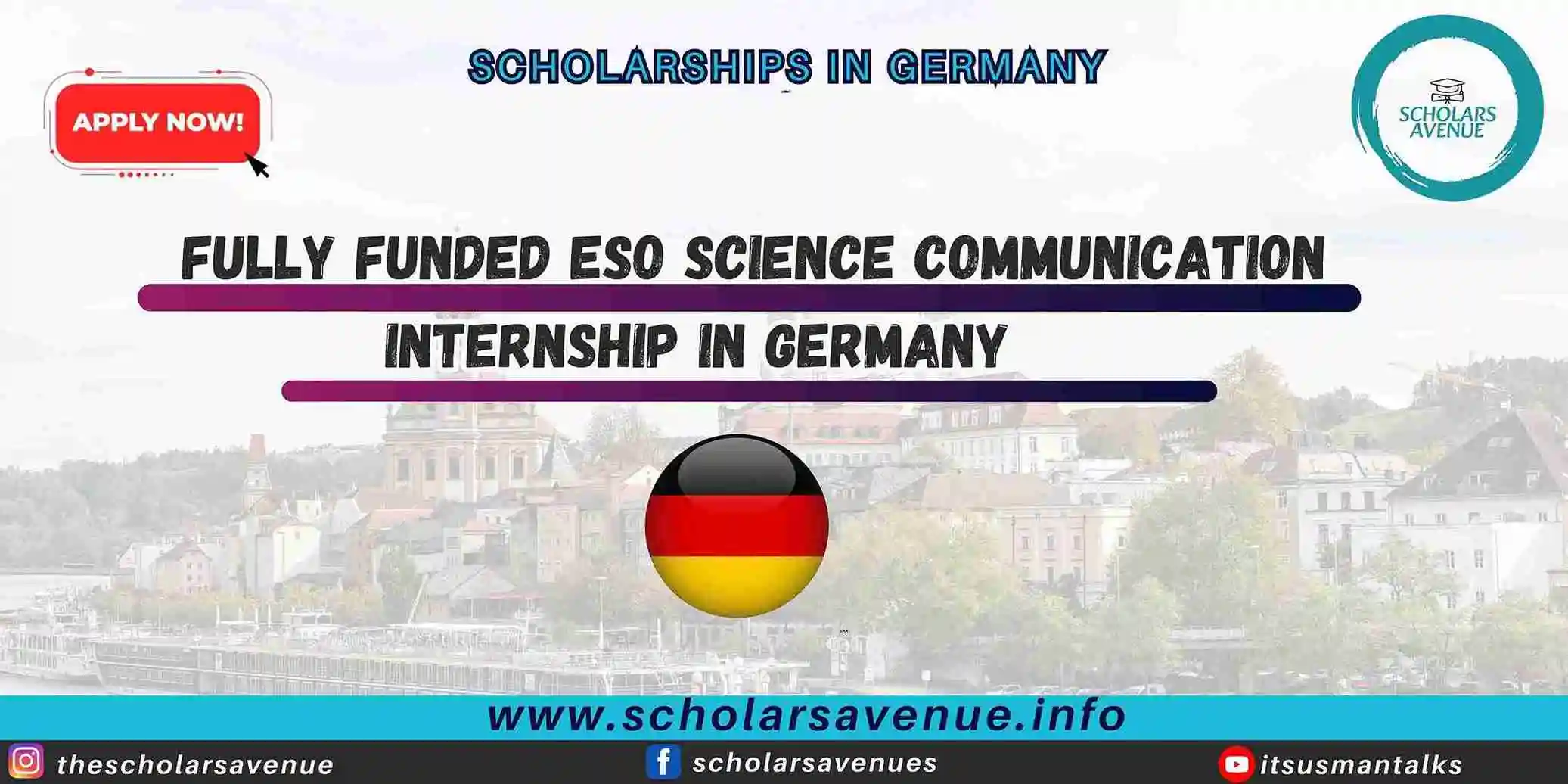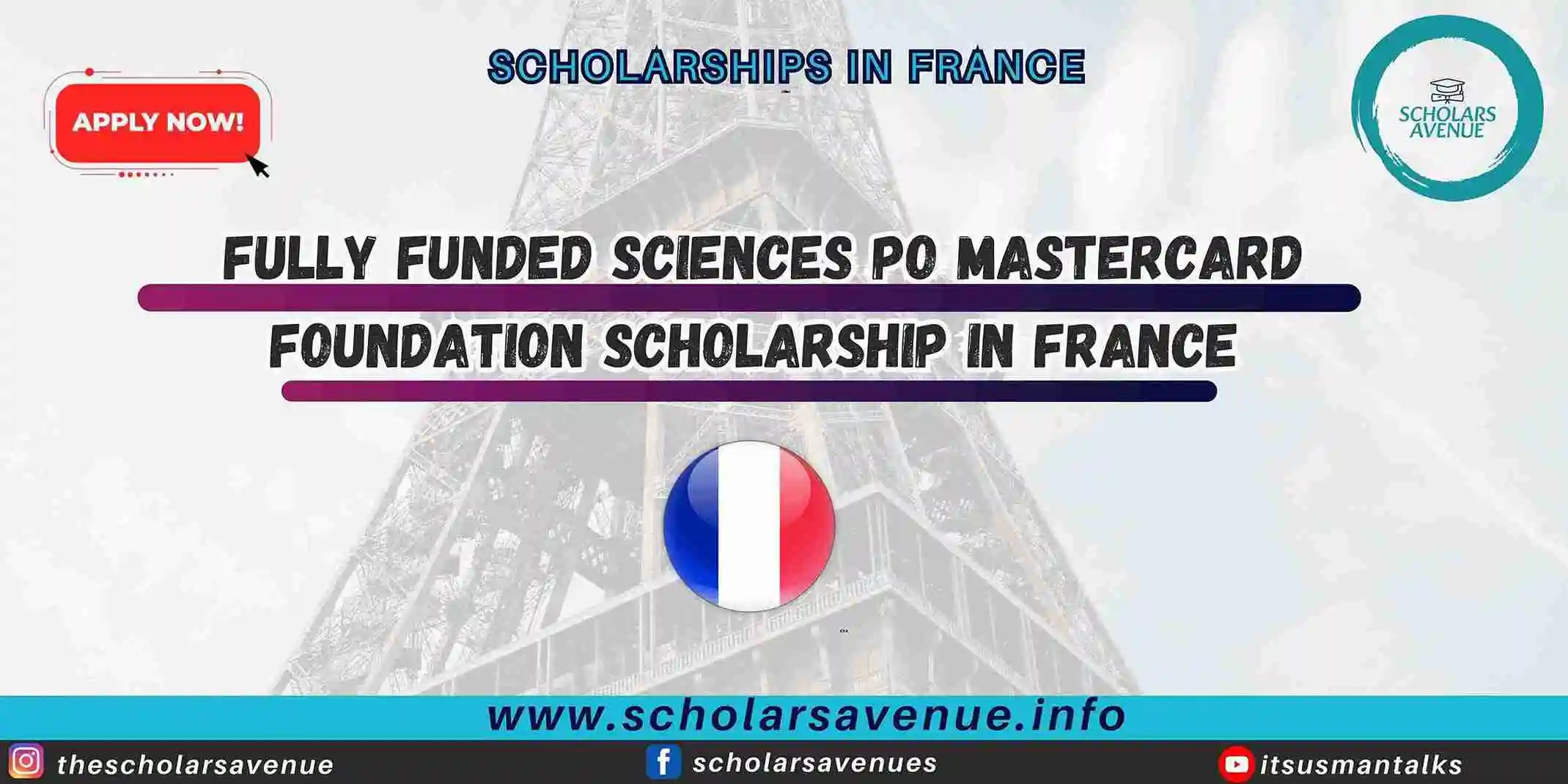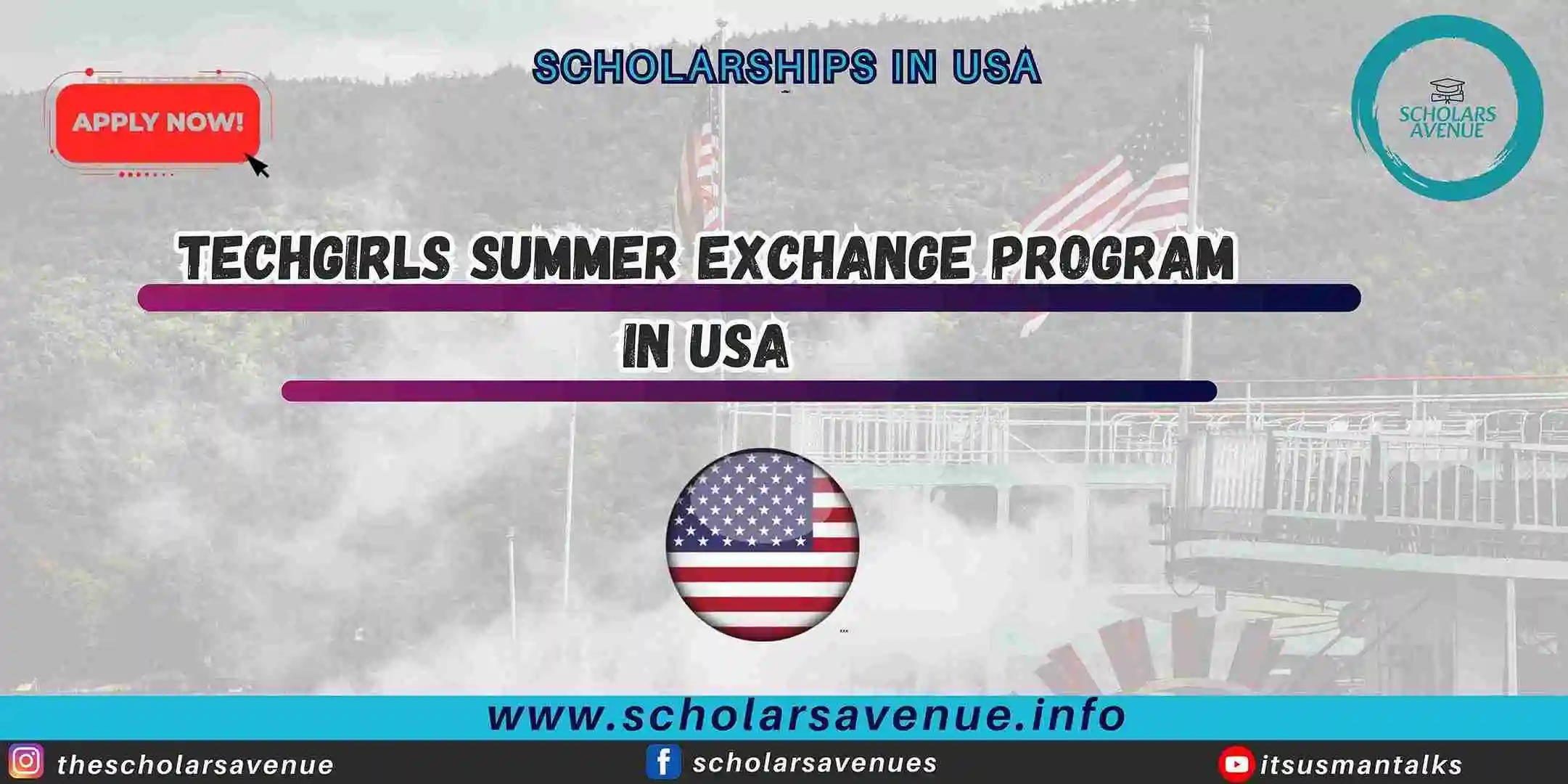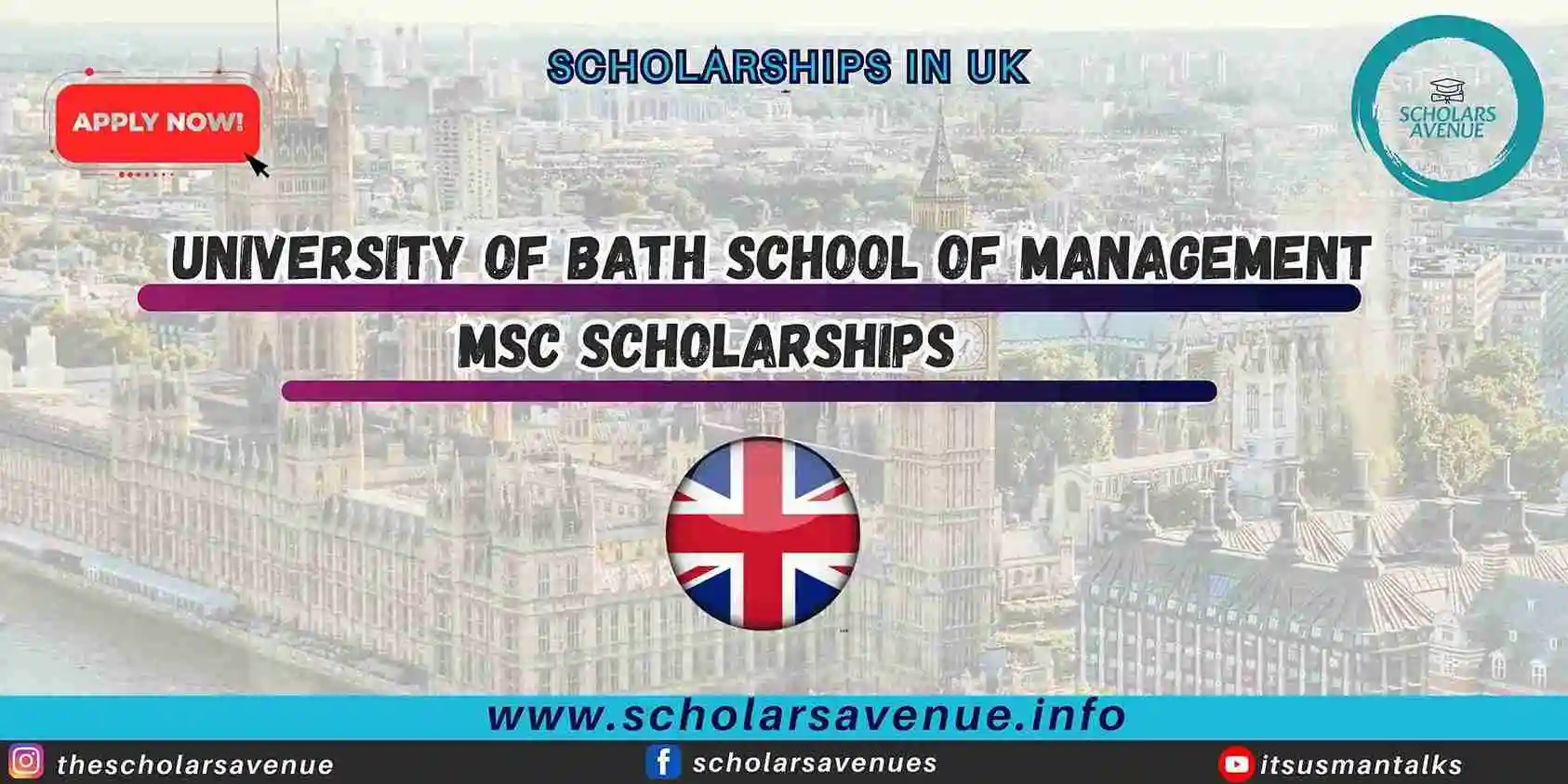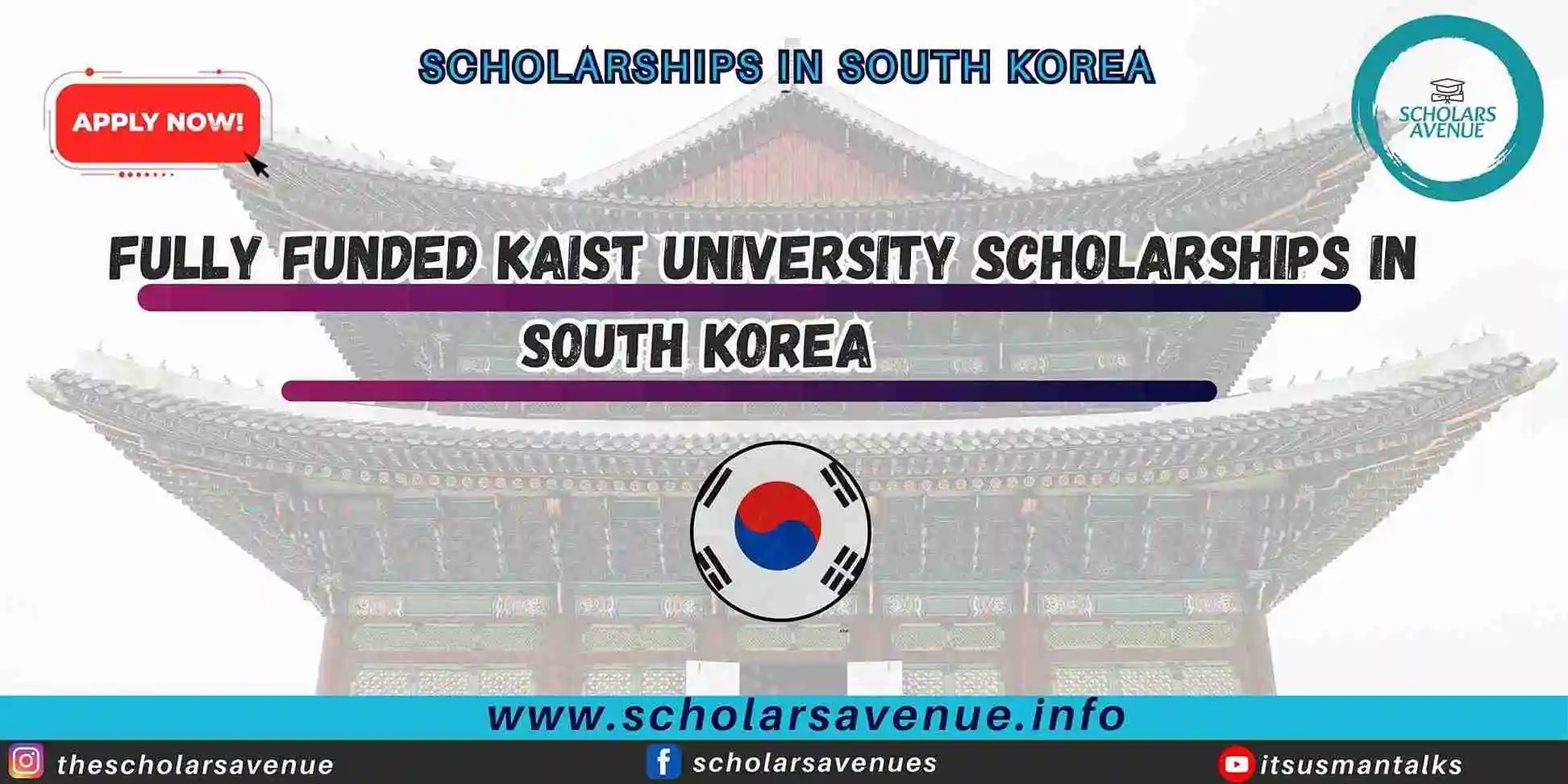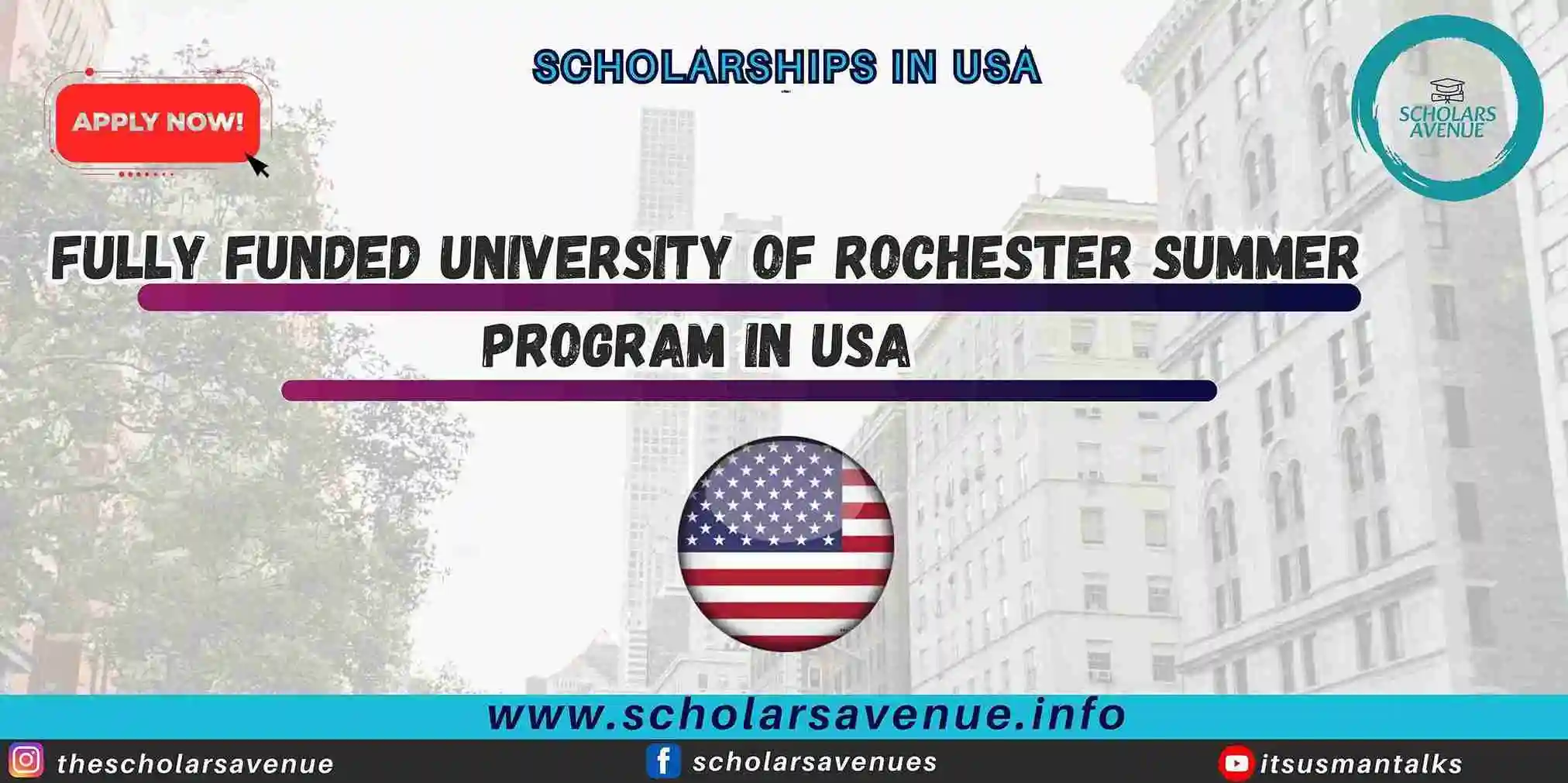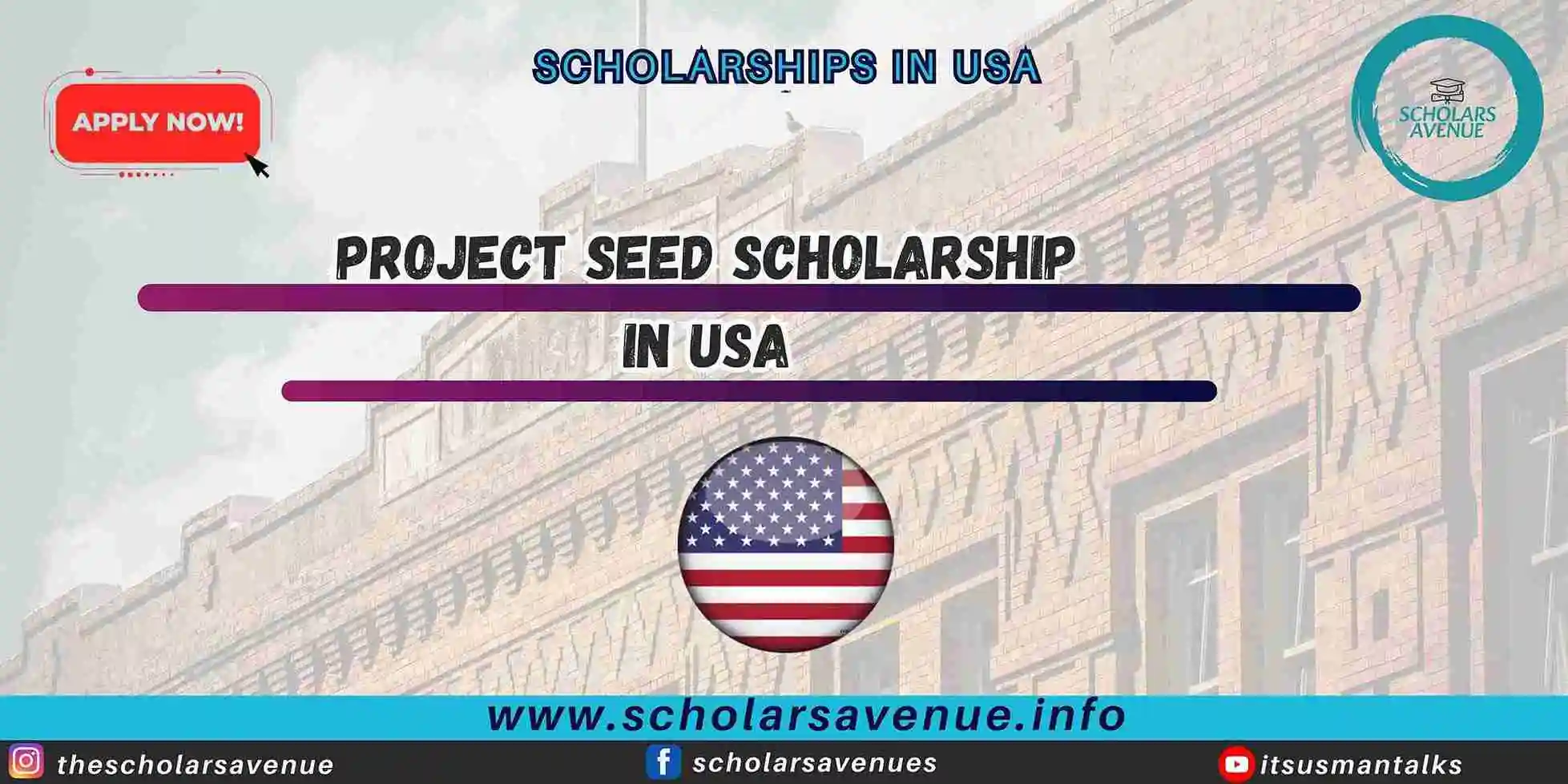Getting into a top US college is a dream shared by millions of students worldwide. However, the cost of education can often feel like a towering wall standing between you and your goals. This is where the concept of Need Blind Admission becomes a game-changer. Colleges that offer Need Blind Admission review your application based solely on your achievements, not your financial situation, giving everyone an equal shot at success.
Understanding how Need Blind Admission works is crucial for any student hoping to study in the US without worrying about money. With this policy, you are judged on your talents, academics, and extracurriculars not your ability to pay. In this blog, we’ll guide you through everything you need to know about securing Need Blind Admission, including tips, strategies, and a list of colleges that could change your future.
Also check, Understanding and Choosing Health Insurance Plans in USA as a student
Understanding Need Blind Admission
Before delving into the process, it is important to establish a clear understanding of the concept. Need Blind Admission refers to a college admissions policy where an applicant’s financial situation is not considered during the evaluation of their application. Admission decisions are based entirely on academic achievements, extracurricular involvement, personal essays, and recommendation letters, without any influence from the applicant’s financial background. Some of the top US colleges offering Need Blind Admission for both domestic and international students include:
- Harvard University
- Yale University
- Princeton University
- Massachusetts Institute of Technology (MIT)
- Amherst College
Steps to Get Need Blind Admission
Now, let’s get into action mode. Here’s how you can boost your chances of snagging a Need Blind Admission offer:
1. Research Thoroughly
- Not all colleges offer Need Blind Admission for international students. Some are need blind only for US citizens.
- Always check the college’s financial aid policy page.
- Make a list of colleges offering Need Blind Admission and prioritize them
2. Develop an Exceptional Academic Profile
- Consistently maintain outstanding academic performance throughout secondary education.
- Enroll in rigorous coursework such as AP, IB, or A-Level classes.
- Attain high scores on standardized tests like the SAT or ACT, unless applying to test-optional institutions.
- Participate in academic competitions, science fairs, or Olympiads to further strengthen your profile.
3. Compose Compelling and Authentic Essays
- Write essays that are authentic, introspective, and demonstrate substantial personal growth.
- Highlight unique experiences, perspectives, and aspirations that distinguish you from other applicants.
- Address challenges you have overcome and how they shaped your personal journey.
- Showcase your long-term goals and how the institution aligns with your aspirations.
Also check, Understanding the F-1 Student Visa: Application to Approval
4. Demonstrate Meaningful Extracurricular Involvement
- Engage deeply in extracurricular activities that showcase leadership, commitment, and impact.
- Pursue initiatives that reflect genuine passion, societal contribution, and innovation.
- Take on leadership roles in clubs, organizations, or community service projects.
- Develop skills in sports, arts, music, or public speaking to present a well-rounded profile.
5. Obtain Strong and Personalized Recommendation Letters
- Request recommendations from teachers, counselors, or mentors who are well-acquainted with your academic capabilities and personal character.
- Ensure the letters are detailed, insightful, and provide a robust endorsement of your candidacy.
- Choose recommenders who can provide specific examples of your leadership, work ethic, and achievements.
6. Complete Financial Aid Applications Accurately
- Submit the CSS Profile and, if applicable, the FAFSA by the specified deadlines.
- Provide complete, honest, and transparent financial documentation as required by each institution.
- Respond promptly to any additional requests for information.
- Be aware of each institution’s specific financial aid requirements and documentation.
7. Adhere Strictly to All Deadlines
- Timely submission of application materials, financial aid documents, and supplemental forms is critical.
- Utilize organizational tools such as calendars, spreadsheets, or digital reminders to manage key deadlines efficiently.
- Set internal deadlines earlier than official ones to allow time for unforeseen challenges.
Also check, Crafting a Standout Personal Statement for U.S. College Applications
Pursuing Need Blind Admission at leading US colleges opens doors to unparalleled academic and professional opportunities without the limitations of financial hardship. Through strategic preparation, consistent academic excellence, meaningful extracurricular involvement, and timely completion of all application requirements, students can maximize their chances of success. It is essential to approach this journey with dedication, resilience, and a clear understanding of each institution’s policies.
Looking to maximize your chances of acceptance?
Consider using our Professional Services to polish your application and stand out from the crowd.
For detailed videos on relevant opportunities check out:
Frequently Asked Questions (FAQs)
What does Need Blind Admission mean?
Need Blind Admission means that a college or university does not consider an applicant’s financial situation when making admissions decisions. Applicants are evaluated solely on their academic achievements, personal qualities, and potential contributions to the campus community.
Are all US colleges Need Blind?
No, not all US colleges offer Need Blind Admission. Only a select group of highly competitive institutions extend this policy to both domestic and international students. Many colleges are need-aware, especially for international applicants.
Does Need Blind Admission guarantee full financial aid?
While Need Blind Admission ensures your financial situation will not affect your acceptance decision, it does not automatically guarantee full financial aid.
Is Need Blind Admission available for international students?
Some universities extend Need Blind Admission policies to international applicants, but it is less common. Institutions such as Harvard, Princeton, Yale, MIT, and Amherst College offer Need Blind Admission to international students.
What documents are required to apply for financial aid at Need Blind colleges?
Typically, you will need to submit the CSS Profile, FAFSA (if applicable), income verification documents, tax returns, and any institution-specific financial aid forms by the specified deadlines.
What should I focus on to strengthen my Need Blind Admission application?
Focus on maintaining excellent academic records, participating in meaningful extracurricular activities, writing compelling essays, securing strong letters of recommendation, and submitting all required financial aid documents accurately and promptly

